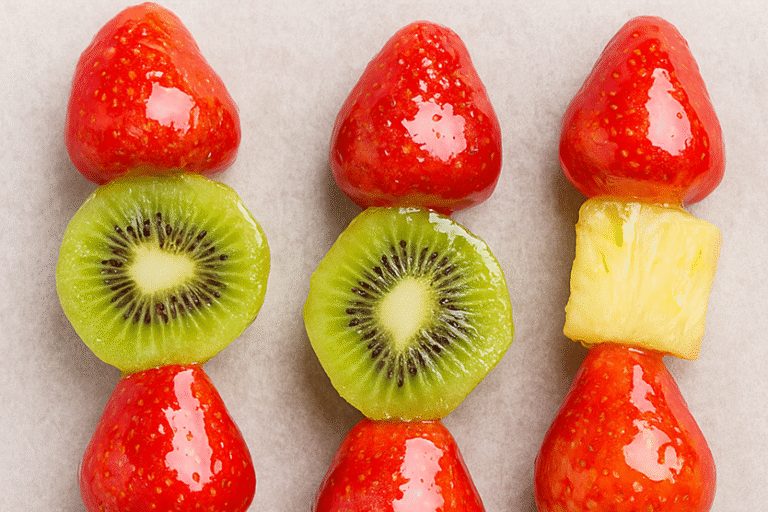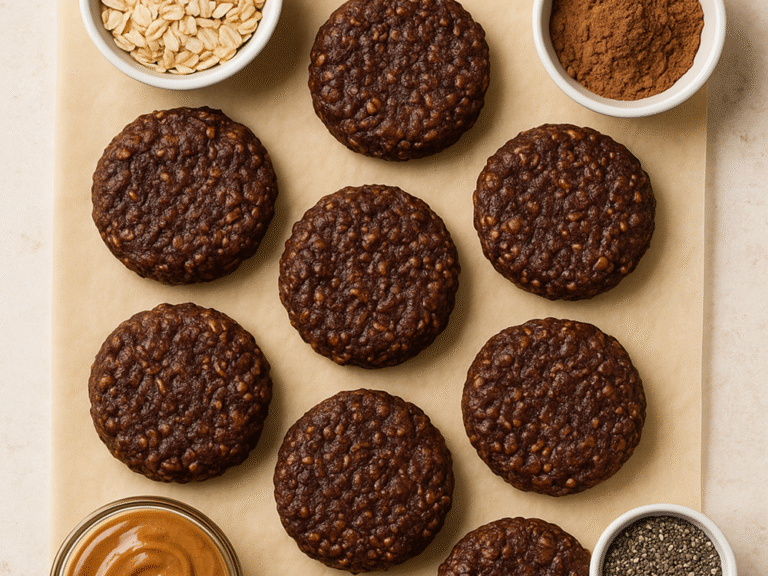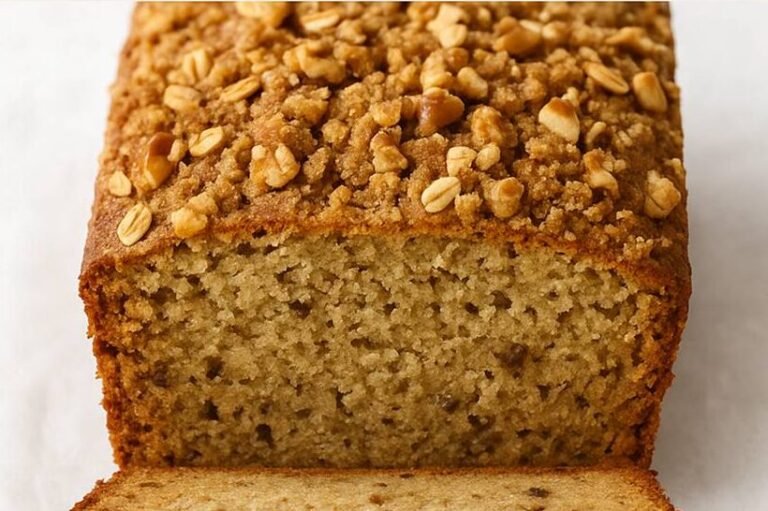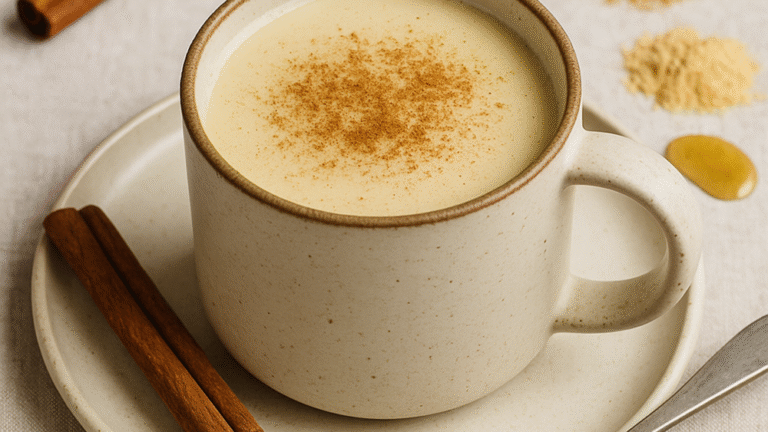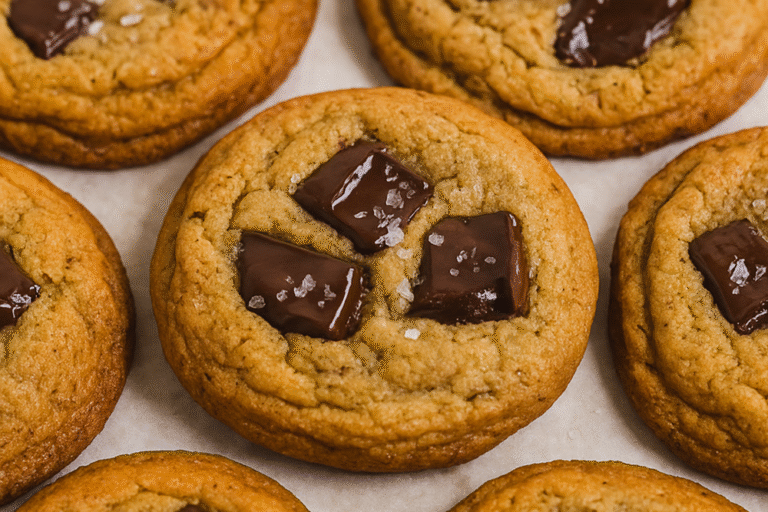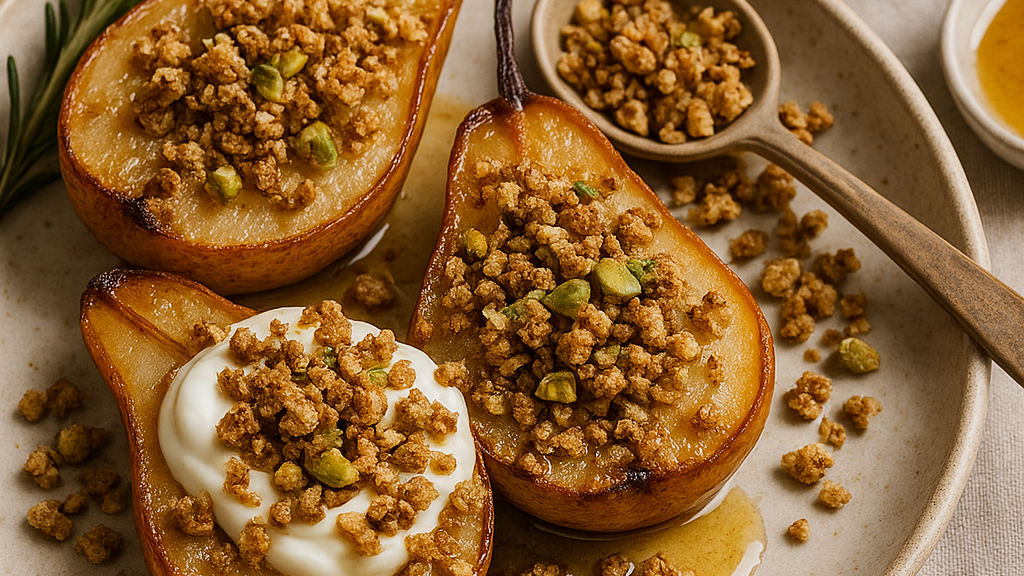
Honey provides some amazing health benefits that have been well documented over the years. One type, in particular, has been hailed as a superfood with some amazing healing properties. Known as Manuka honey, it is native only to Australia and New Zealand. What is Manuka honey and what are its benefits? Here’s what you need to know.
What is Manuka Honey?
Manuka honey is produced by bees who pollinate the Manuka tree.
The Manuka tree is a type of flowering shrub that grows primarily in New Zealand, but may also be found in parts of Australia. Manuka honey bottled for export must undergo testing from the Ministry for Primary Industries (MPI) before being labeled as such.
What makes Manuka honey different is its color and consistency. In general, honey derived from the Manuka bush is darker than other types of honey. It is also much thicker, which makes it harder to spread on biscuits or toast.
Infection and Wound Healing
Manuka honey is renowned for being both antibacterial and bacteria-resistant.
As such, it kills bacteria, but germs cannot build up an immunity to it like they can other antibiotics. This makes it ideal for everything from healing wounds to clearing up ordinary infections such as strep throat.
A special, medical-grade form is normally used as a wound dressing. When applied topically, it may help hard-to-heal wounds heal faster. It has also been used effectively to treat burns and diabetic leg ulcers.
Other Benefits of Manuka Honey
Although it is primarily used in healing wounds, Manuka honey can also be used to treat a number of other conditions, such as:
- Acne
- Cystic fibrosis
- Diarrhea
- Digestive issues
- Gum disease
- Irritable bowel syndrome
- Sore throat
- Stomach ulcers
How to Use Manuka Honey
For improved health, consume one or two tablespoons of raw Manuka honey each day.
You can eat this honey straight out of the jar, or use it to sweeten other foods such as tea or cereal. For treating acne or other skin conditions, apply it directly to the skin or add it to a facemask. Manuka honey moisturizes and reduces inflammation, thereby leaving your skin looking fresh and well-hydrated.
If you want to use manuka honey, make sure it is pure honey without additives or added sugars and preservatives. Raw manuka honey is even better if you can get your hands on it. Try it for a while and see if you notice any benefits.
If you want more information on the benefits of Manuka Honey, check out this article from Healthline: 6 Health Benefits of Manuka Honey.
Why You Will Love This Recipe
This dish acts as a top-tier mindful treat.
Plentiful fiber is supplied by the pear, healthy fats are taken care of by the pistachios, and a significant immune boost is covered by the honey. This recipe serves well for a mid-morning brunch, afternoon snack, or even a late-night treat!
Seeking more mindful recipes? Subscribe to RecipeHistory.co for occasional bites of inspiration.
Shopping List
Pears
Honey
Lemon Juice
Rosemary
Sea Salt
Rolled Oats
Pistachios
Almond Flour
Coconut Oil
Cinnamon
Greek Yogurt
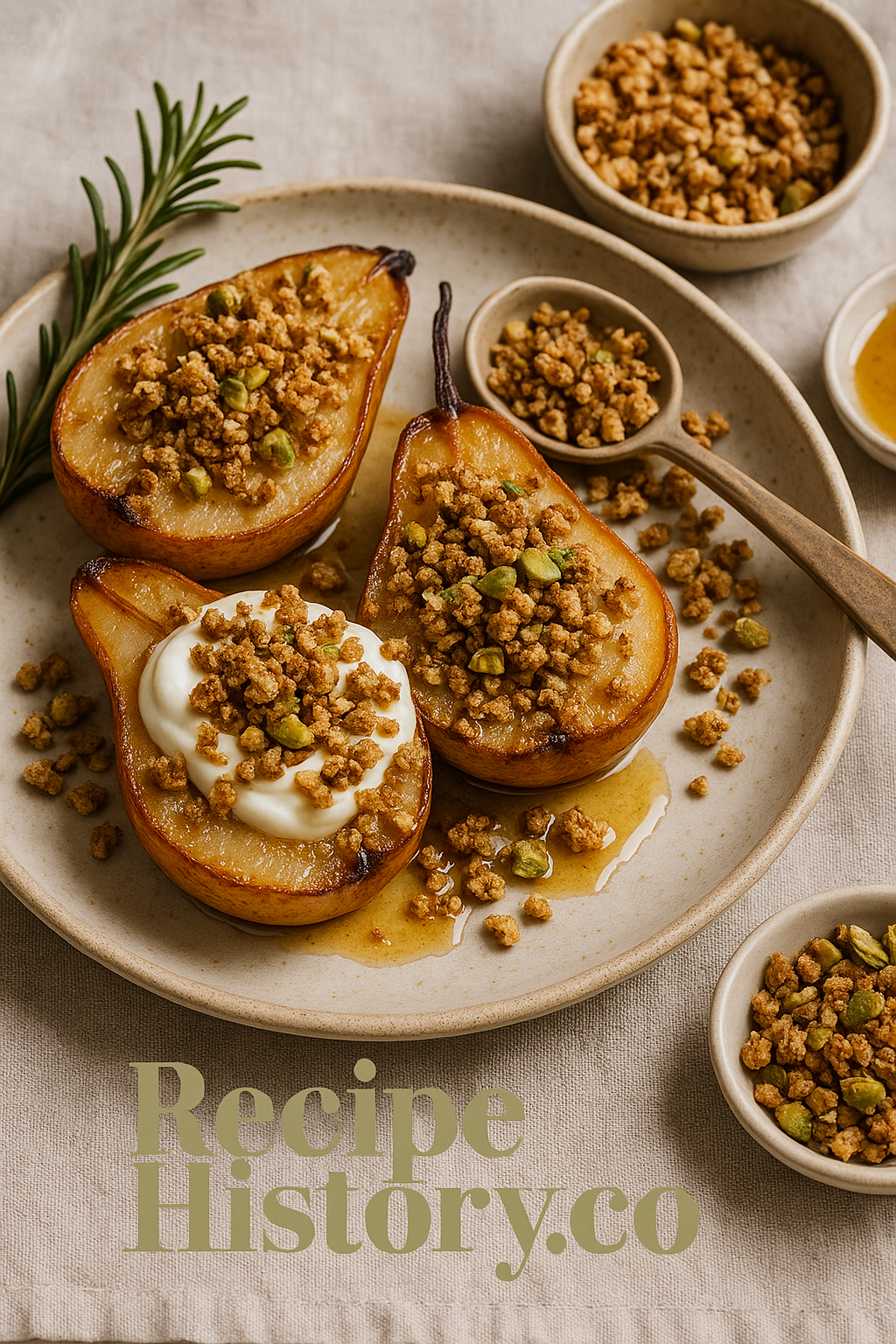
Manuka Honey-Roasted Pears with Rosemary & Pistachio Crumble
Ingredients
Method
- Preheat the oven to 375°F (190°C).
- Prepare the pears: In a small bowl, mix the Manuka honey, lemon juice, vanilla, and a pinch of sea salt. Place the pear halves in a baking dish, cut side up, and drizzle with the mixture. Tuck the rosemary sprig between the pears. Bake for 25–30 minutes, basting once or twice, until the pears are tender and golden.
- Make the crumble topping: In a bowl, combine oats, pistachios, almond flour, cinnamon, and sea salt. Add in the coconut oil and Manuka honey, mixing until crumbly. Spread the mixture on a parchment-lined baking sheet and bake for 8–10 minutes or until lightly golden. Let it cool and crisp up.
- Assemble and serve: Place warm pear halves on a plate. Top with a spoonful of yogurt (if using), sprinkle with the pistachio crumble, and finish with a light drizzle of Manuka honey for that floral, earthy sweetness.
Notes
🧾 Estimated Nutrition Per Serving (with yogurt):
- Calories: 290–320 kcal
- Total Fat: 14–16g
- Saturated Fat: 5–6g
- Carbohydrates: 38–42g
- Sugars: 24–28g (natural from pears, honey)
- Fiber: 4–6g
- Protein: 4–6g
- Sodium: 90–120mg
🧾 Estimated Nutrition Per Serving (without yogurt):
- Calories: 240–260 kcal
- Total Fat: 13–15g
- Carbohydrates: 33–36g
- Protein: 2–3g
- Sugars: 21–25g
- Fiber: 3–5g
- Sodium: 70–100mg

